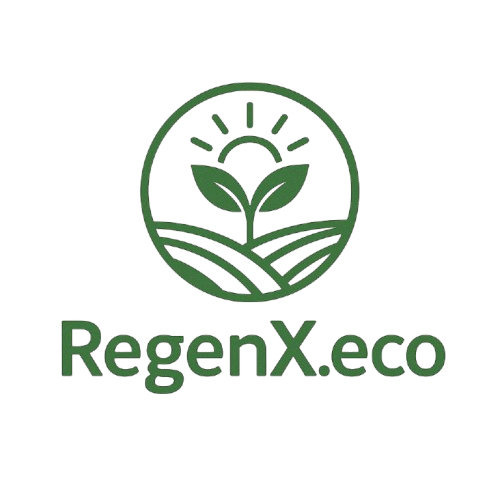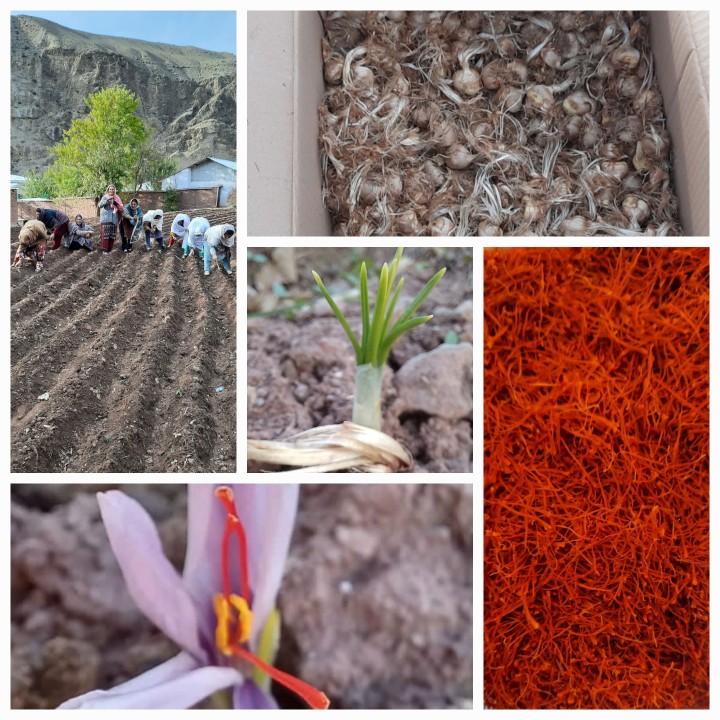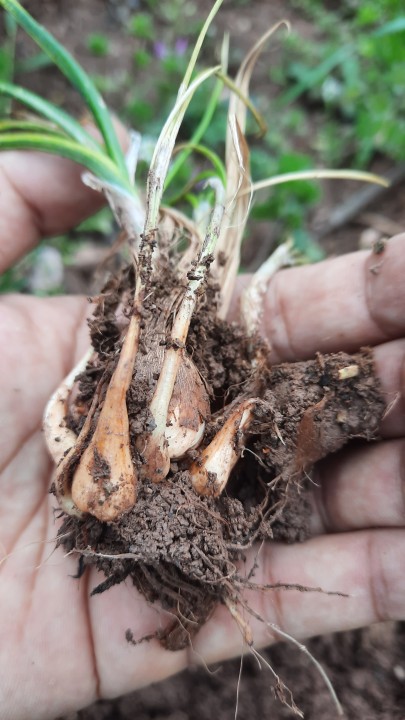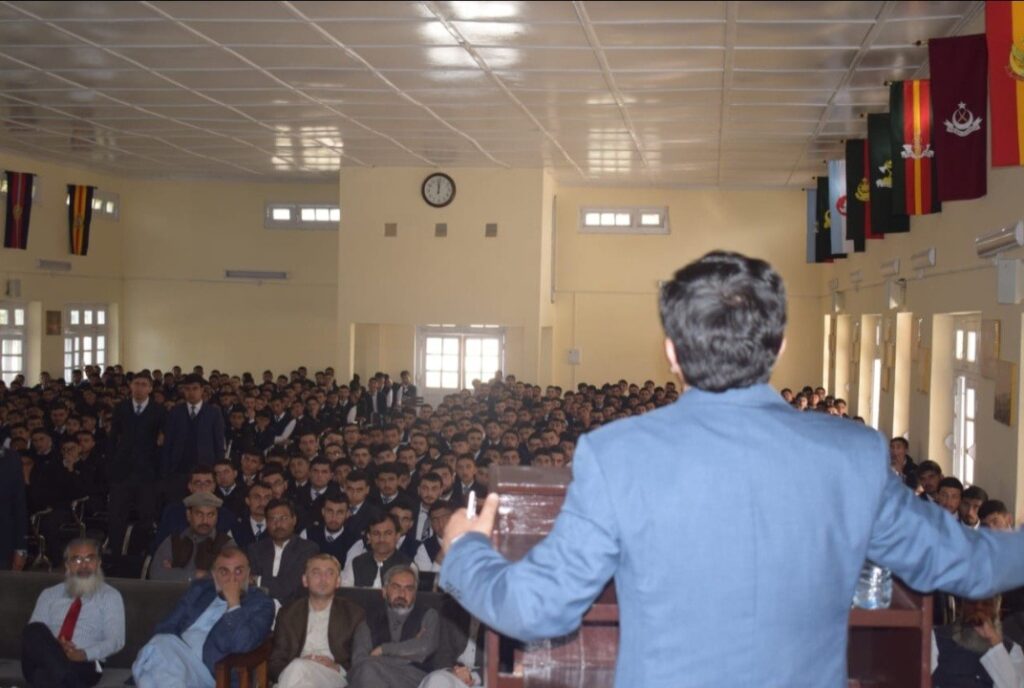As part of a proof of concept, I worked with a group of rural farmers in a mountainous region to enable them to cultivate saffron as a high-value crop. Through technical training and access to finance, we were able to provide the necessary resources and knowledge for these farmers to successfully plant, harvest, and process saffron.
As a result of our efforts, we saw significant economic benefits for these rural farmers, particularly women. Saffron cultivation proved to be a valuable source of income for these farmers, with the high value of the crop generating significant revenue. This income allowed farmers to invest in their communities, including education for their children, improved housing, and access to better healthcare.
The success of our proof of concept also highlighted the potential for saffron farming to transform the fortunes of rural farmers in mountainous regions. By promoting this speciality agriculture process, we can create a sustainable economic model that provides long-term benefits for these communities.
Furthermore, the success of this project also highlighted the significant role that women play in saffron farming. Women often make up the majority of the labor force in saffron cultivation, from planting to harvesting to processing. By promoting saffron farming, we can create economic opportunities for women and empower them to become agents of change within their communities.
In conclusion, the proof of concept project that I worked on demonstrated the significant economic benefits of saffron farming for rural farmers, particularly women. Through technical training, access to finance, and market linkages, we can create a sustainable economic model that provides long-term benefits for these communities. By empowering women through saffron cultivation, we can also create opportunities for gender equality and economic empowerment.




